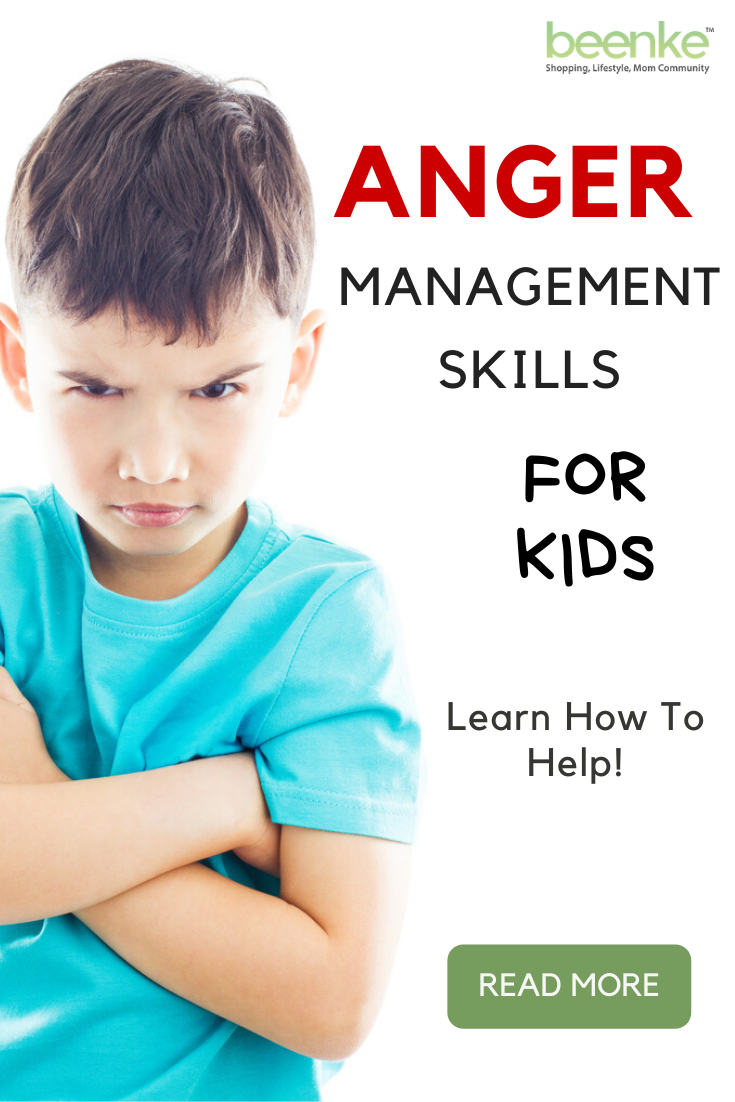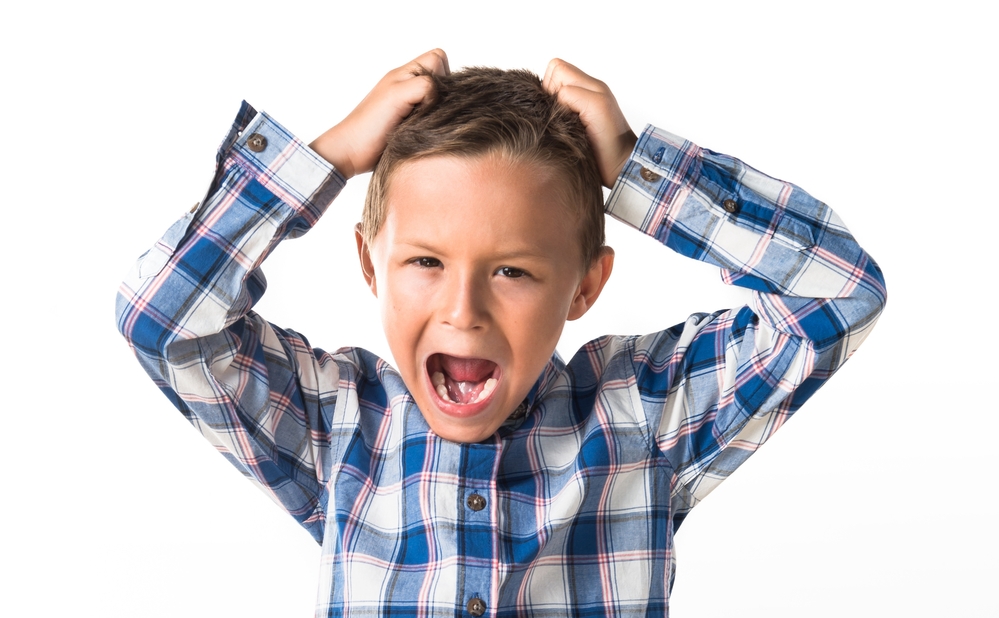You might think anger is a “bad” thing. Particularly after watching your precious child turn into a screaming terror when they don’t get their way.
You wouldn’t be alone. Many parents view anger as a negative “out of control” emotion that should be avoided at all costs.
But it doesn’t have to be that way. With some solid anger management skills for kids, you can help turn anger into a motivating force for change.
Anger Isn’t Always “Bad”
The truth of the matter is, all human beings are hardwired to get angry sometimes.
Anger, when managed effectively, can actually be a good thing.
It’s a signal that something is wrong, some expectation hasn’t been met, or some injustice has occurred. These are all really good things to know!
Anger can spur people to action so they make the changes necessary to right a wrong or solve a problem.
Anger can also be a signal that someone is hurting someone, or treating them unfairly.
It can push your children to stand up for themselves or others. Getting angry can be the first step towards stopping a bully.
All Kids Get Angry
Your kids are going to get angry. There is no way around this.
Problems happen when children don’t have the anger management skills for kids necessary to express their anger in healthy ways.
They may get aggressive, violent, break down, or lash out and use anger as a defense mechanism to avoid dealing with more complicated emotions like fear and shame.
The good news for parents is that there are things you can do to help your child manage their anger and work through these emotional moments, without turning aggressive.
Below we share five anger management strategies that can help.
PIN IT!

Anger Management Skills For Kids: 5 Strategies
1. Model Calmness
We also call this one, “Be the calm you wish to see in the world”.
The best way to teach anger management skills for kids is to model appropriate behavior in front of them. Let your children see how you deal with anger, don’t hide them from the process.
Point out a moment when you feel extremely frustrated, then share your own anger management strategies with your child.
“I am so mad your babysitter is late. I’m going to sit down for a minute to clear my head and get back in control.”
Your kids may take notice and copy this behavior.
Also In Beenke: Anger Management For Parents: Keeping It Together When Things Get Crazy
Take responsibility for those times you lose your cool and blow up in front of your kids.
“I’m sorry I yelled at daddy earlier when I was mad. I should have gone outside for a walk to cool off instead of yelling like that.”
2. Identify Early Warning Signs
If children can learn how to monitor themselves, they can learn how to manage themselves.
Self management is one of the most important anger management skills for kids.
Help your child learn to detect the early warning signs of anger so they can take steps to self-correct before they get caught up in overpowering emotion.
Explain to your child that we all have little warning signs that let us know we are about to get angry. Help them recognize their own signals.
If you see your child getting cranky, frustrated, loud, overly tired, over-stimulated, etc., step in and let them know you sense a storm is coming.
“Looks like you’re starting to get angry, did you want to take a minute to slow down?”
The more kids start to recognize their own anger management triggers, the more they’ll be able to take a breath, step away, or do whatever they need to in order to avoid a meltdown.
3. Follow The Exit Rule
Unfortunately, much of the time your child gets mad, that anger will be directed towards you.
Anger is contagious! If you aren’t careful, you can get caught up in it.
Before you realize what’s happening, you’re escalating the situation and making things worse.
This is where the exit rule comes in. It’s one of the anger management skills for kids that involves the grown-ups too.
Let your kids know that you’ll only make a decision or solve a problem when everyone is calm. Then stick to this rule!
If your child gets angry and wants a fast decision from you, tell them “you’re still upset, let’s take a time out and talk about this later”. Then exit the conversation or even the room if necessary.
When done consistently your children will recognize the pattern.
They’ll know that you only solve problems once they’re calm.
You’ll be surprised how much faster the yelling, whining, etc. will stop.

4. Establish Clear Behavior Standards
Feeling angry in itself isn’t a bad thing, it’s what your child does with their anger that causes problems.
It’s important to validate how your child is feeling, while at the same time being clear about what constitutes bad behavior.
Another one of our anger management skills for kids is to clearly define what is NOT allowed.
Also in Beenke: Getting Kids To Listen: It’s Possible, We Swear!
In your family it may be that there is absolutely no hitting, throwing, breaking, cursing, or name calling.
Whatever you decide, be clear in communicating that hurting people or destroying property when you get mad is off limits and there will be consequences for these types of actions.
It helps to set anger rules at a time when your child is calm and receptive.
We also suggest getting your kids involved in establishing the consequences for breaking the rules. This can help make them feel more accountable.
5. Teach Methods To Control Anger
Once your kids learn recognize their anger triggers (#2), you can help them find ways to calm themselves before blowing up and engaging in destructive behavior.
This is how they develop anger management coping skills.
Teach your kids to count to ten, or to stop and take three deep breaths, or even to walk away from a situation when they start to feel their temper rise.
These are all great anger management skills for kids that are easy for them to understand.
Get your kids involved in coming up with ideas for how they can positively manage their emotions.
Have them make a list of three things they can do when they get really mad to help them calm down.
Then leave the list somewhere they can see it until it sinks in, like on a bulletin board or refrigerator. The visual reminder really helps.
One final note, it’s totally normal for kids to struggle managing their anger, particularly at first when they are still getting the knack of self-soothing.
However, if you feel concerned about continued anger problems, or your child demonstrates increasingly aggressive behavior, you might want to seek professional help.
A psychologist or counselor can rule out any underlying mental or physical issues. They can also assist you in creating a behavior management plan.
SHARE these Anger Management Skills For Kids to help other parents who may be struggling with this issue.












